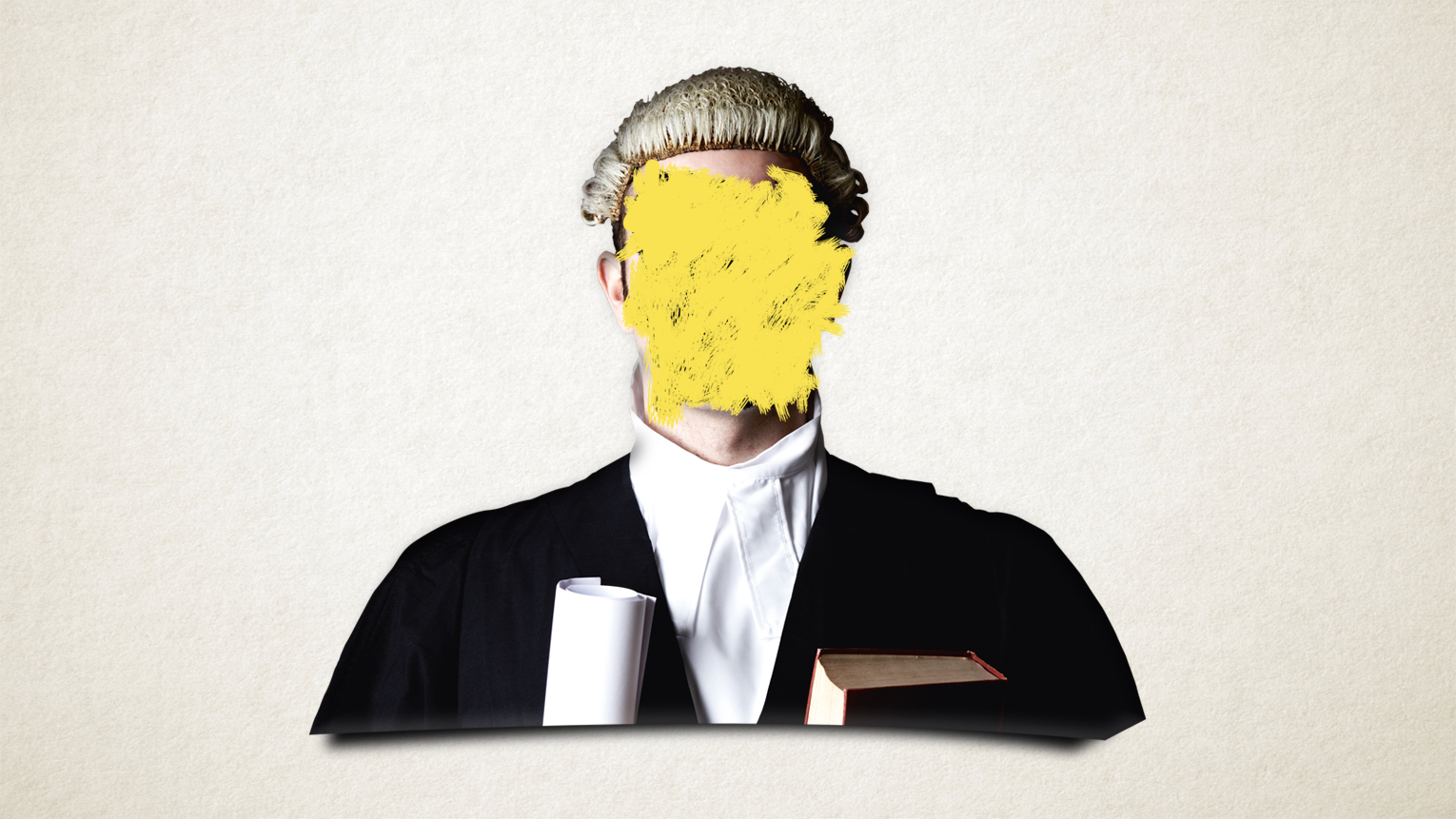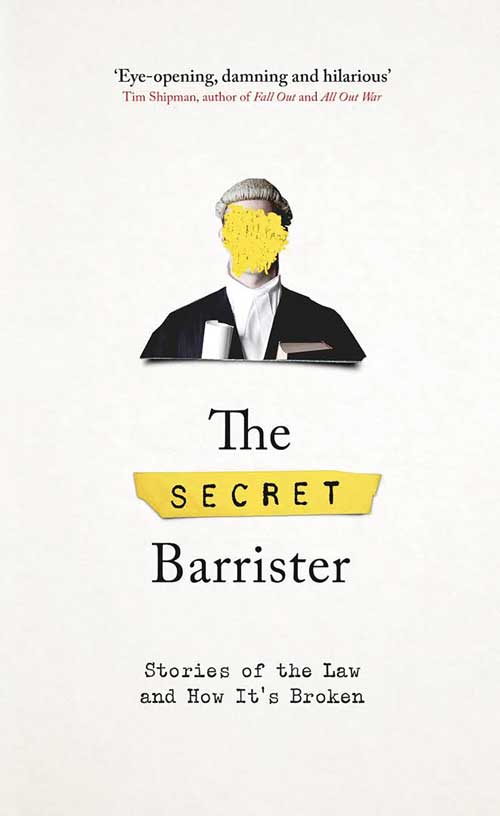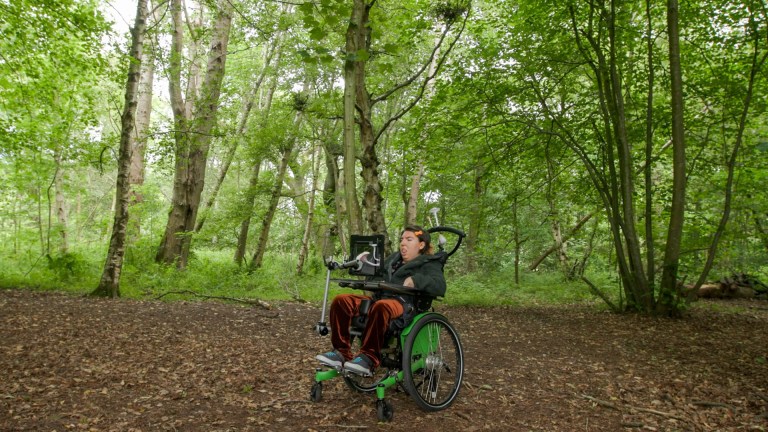In 2016, the House of Commons Public Accounts Committee soberly cautioned: “The criminal justice system is close to breaking point.” Two years later, the warning having been ignored by successive governments, it is broken.
The causes and symptoms are many and varied, but one common theme towers over the landscape: since 2010, the Ministry of Justice has had its budget cut by a third, more than nearly any other government department.
The tell-tale signs are evident to anybody setting foot inside our criminal courts. Leaking pipes, collapsing ceilings, mould, damp and ubiquitous broken elevators greet those unfortunate enough to be forced to spend their working days in the Crown and magistrates’ courts. One recent disaster saw barristers forced to wade through raw sewage in order to reach the advocates’ room at court. Canteens have been shut; defendants, witnesses, lawyers, jurors and the public are unable to get so much as a glass of water or cup of tea while languishing in a public building which some of them are forbidden by law from leaving.
The way that criminal cases are prosecuted is in crisis
But it is not just the fabric of our decrepit court estate. Nor the fact that the government has closed hundreds of courts nationwide, rendering the concept of local justice a grim joke and forcing defendants and witnesses to travel several hours on public transport, often at their own expense, to reach their nearest court centre. Neither do the problems end with the shameful sight of victims of crime attending court for their trial only to be sent away for a second, third or fourth time because the court is not able to hear the case due to there not being enough money to pay judges to hear trials.
The malignancy spreads wider and burrows deeper. The way that criminal cases are prosecuted is in crisis. Since 2010, the Crown Prosecution Service has lost a third of its workforce, buckling under budget cuts of over 25 per cent. The police are down by 20,000 officers, expected to conduct increasingly complex investigations with 20 per cent fewer resources. The effect is not only that viable prosecutions routinely collapse due to basic error, betraying the trust of victims of crime, but serious failings in disclosure – the legal duty on the police and CPS to provide the defendant with material which may assist their case or undermine the prosecution – are risking the conviction and imprisonment of innocent people. Report after report shows that, again, the basics are simply not being done. Recent examples, such as the case of Liam Allen [a student wrongly accused of rape whose trial eventually collapsed] have shown how close to the brink some innocents have teetered. One dreads to think about the scale of the miscarriages of justice undiscovered.
On the other side of the courtroom, the way defence services are provided is crumbling. Huge cuts to legal aid mean that some people are now cut out of legal aid altogether, forced to either represent themselves in complex legal proceedings, or to pay privately for lawyers. The kicker? If you pay privately and are acquitted, you cannot claim your full costs due to a nasty little law introduced in 2012 and 2014 and known as the Innocence Tax. Last month saw the appalling story of the GP falsely accused of serious sexual offences who found himself out of pocket to the tune of £100,000.










